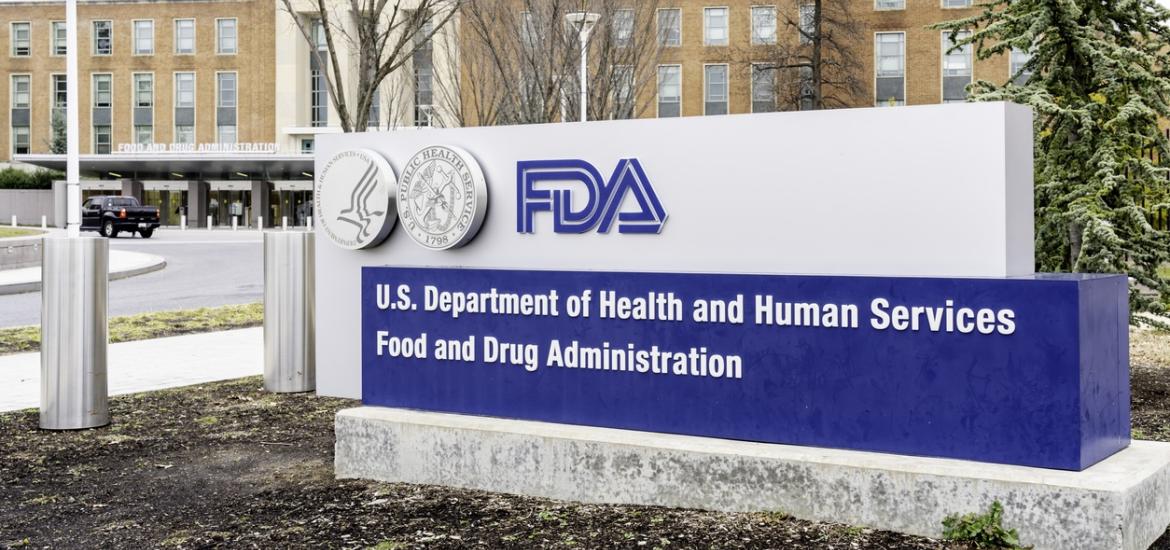
FDA doubles down on overall survival
New draft guidance could see the agency getting ever stricter.
New draft guidance could see the agency getting ever stricter.

For some time the FDA has been getting stricter on accelerated approvals, and the agency is continuing this toughening stance, with recent draft guidance emphasising the importance of overall survival in oncology trials.
OS should be the primary endpoint “when feasible”, the guidance states. However, the FDA has given companies a potential get-out, adding that in some settings this isn’t possible, specifically in indolent diseases or in cancers with “extremely efficacious therapies” that result in long survival times. However, even here, OS should still be analysed, either as a secondary endpoint or, failing that, as part of a prespecified safety analysis.
Crossover concerns
The FDA has also cautioned against the use of crossover, when control patients who progress can switch to the investigational arm. While the agency said this could help improve enrolment and retention, it added that it should be restricted to diseases with no other or “very limited” options.
A high crossover rate hit Novartis’s Pluvicto in the PSMAfore trial, amid questions around why androgen receptor pathway inhibitors, rather than chemo, was used as a control. However, this ultimately didn’t stop the drug getting approved in pre-chemo prostate cancer.
The guidance also suggests that the FDA might be clamping down further on subgroup analyses, saying that subgroup data "should be interpreted with caution”, particularly “if overall survival data are immature or analyses were conducted post hoc” – a common trick among companies with failed trials.
AstraZeneca and Daiichi recently managed to get the accelerated nod for their TROP2-targeting ADC Datroway in a NSCLC subgroup, second-line EGFR-mutated disease, versus the broader second-line non-squamous setting the companies had previously sought.
Accelerated
Overall, the accelerated approval pathway still seems to be open, but the guidance notes that it should be followed by traditional approval once OS data are available – formalising a stance that’s been hardening in recent years, for example with the withdrawal of PI3K inhibitors such as Bayer’s Aliqopa after the failure of that drug’s confirmatory trial.
The FDA has also become increasingly strict about companies having confirmatory studies well under way at the time of accelerated approval. This has hit Regeneron’s odronextamab, although that project’s latest complete response letter was over manufacturing issues.
Still, some groups clearly believe that the FDA hasn’t been going far enough, with the political pressure group Arnold Ventures highlighting at AACR 2024 several accelerated approvals that were converted to full green lights in the absence of any survival benefit.
The question now is whether this new guidance, once it comes into force, will make a discernible difference.
3124













